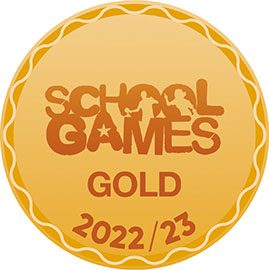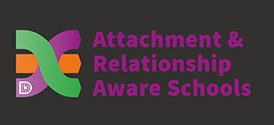
Intent
At Springfield Junior School we:
- Ensure all learners are challenged by the RE curriculum by: scaffolding their learning when required and by providing additional challenges to further develop and deepen their understanding.
- Provide enrichment activities to further develop their understanding of religions such as: visits to places of worship and religious visitors in school.
- Provide engaging opportunities for pupils to handle artefacts and resources.
- Promote further RE and cultural experiences during assemblies and special themed days.
- Extend children’s knowledge and understanding of worldwide religions, beliefs and culture.
- Guide children to become respectful and understanding of different faiths and beliefs that differ from their own.
- Create an enjoyment and interest in finding out about different faiths and beliefs.
- Regularly assess children’s understanding during lessons through questioning and from evidence in books to address misunderstandings in future planning.
- The impact of our RE curriculum is sought through summative assessments, book scrutinies and annual children questionnaires.
Young people today are growing up in a world where there is increasing awareness of the diversity of religious and non-religious world views and they will need to live and work well with people with very different outlooks from their own.
Implementation
We follow the Derbyshire and Derby City Agreed Syllabus for RE 2020-2025. We aim to give our pupils a RE Curriculum that will:
- Engage pupils in an enquiry approach where they can develop an understanding and appreciation for the expression of beliefs, cultural practices and influence of principle religions.
- Develop pupil’s spiritual, moral and cultural appreciation.
- Promote respect and open-mindedness towards others with different faiths and beliefs.
- Encourage pupils to develop their sense of identity and belonging through selfawareness and reflection.
Impact
We believe that:
• Religious Education contributes dynamically to children and young people’s education in schools by provoking challenging questions about meaning and purpose in life, beliefs about God, ultimate reality, issues of right and wrong and what it means to be human.
• In RE pupils learn about and from religions and world views in local, national and global contexts, to discover, explore and consider different answers to these questions.
• Pupils learn to weigh up the value of wisdom from different sources, to develop and express their insights in response, and to agree or disagree respectfully.
• Teaching therefore should equip pupils with systematic knowledge and understanding of a range of religions and worldviews, enabling them to develop their ideas, values and identities.
• It should develop in pupils an aptitude for dialogue, so that they can participate positively in society, with its diverse religions and worldviews.
• Pupils should gain and deploy the skills needed to understand, interpret and evaluate texts, sources of wisdom and authority and other evidence.
They should learn to articulate clearly and coherently their personal beliefs, ideas, values and experiences while respecting the right of others to differ.
Legal Requirements:
It is a legal requirement that children ages 7-11 be taught religious education for 45 hours per academic year, unless that have been withdrawn from RE by their parents. In the UK, parents have the right to withdraw their child from RE on the grounds that they wish to make their own provision. This will be the parent’s responsibility.







